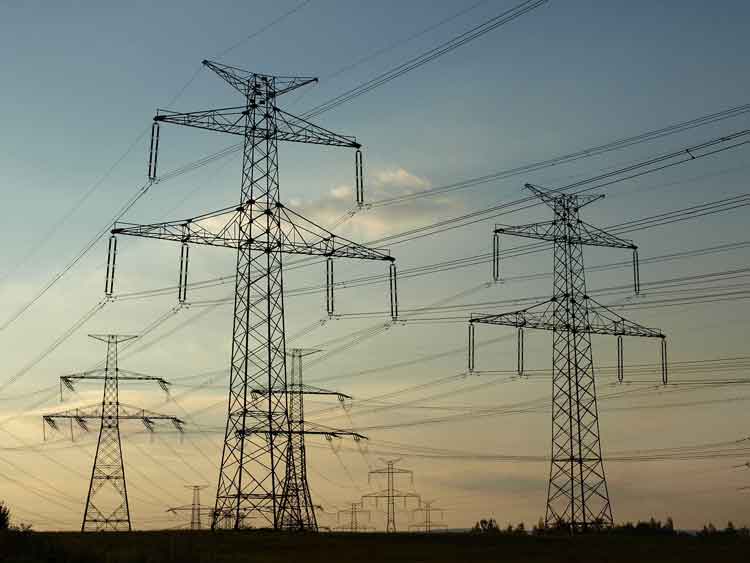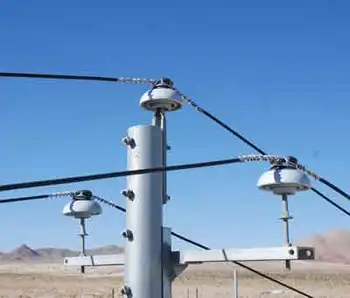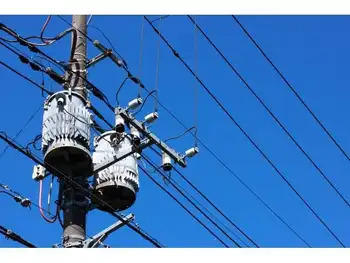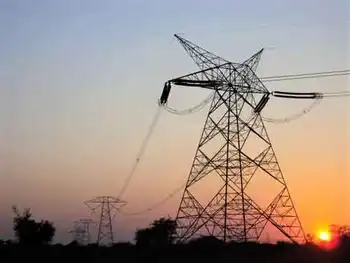Ottawa-area solar farm gets thumbs up from residents
A 200-acre farm in West Carleton, just west of Ottawa, is about to undergo a $100-million investment that will see 300,000 silvery solar panels installed there.
Once this solar farm becomes operational at the end of the year, itÂ’s expected to generate about 20 megawatts of electricity, enough to power 7,000 homes during peak hours. It will be CanadaÂ’s largest photovoltaic plant, one that converts sunlight directly into electricity.
The project, which is being undertaken by EDF EN Canada, the Canadian arm of the French renewable-energy firm, EDF-Energies Nouvelles, is made up of two parallel installations feeding into the provincial grid. The land has been leased for 20 years from a local farmer.
“We’re trying to make a revolution happen in solar energy in Canada,” said Jon Kieran, the company’s manager for Canada.
“We’re building an impressive project, a singularly large project of its kind in North America, and we are very excited about it. Solar energy is a good neighbour. It is green energy, it pays property taxes and it creates jobs.”
Indeed, unlike other parts of the province, where renewable-energy projects have faced stiff opposition, planning and construction of the plant on prime farmland here has proceeded with no controversy. ThatÂ’s because solar energy doesnÂ’t destroy land, Kieran says: It uses the land to produce a much-needed commodity, then hands the property back, none the worse for wear. Once the company explained its plans, people bought in, and were particularly excited about the more than 100 new construction jobs in the community.
“We explained that we don’t take the land away; we borrow it and grow something else for 20 years and, at the end of the program, we return the land to the farmer for agriculture,” Kieran said. “We were really impressed with the community, and we were really impressed with the city. We felt that the community wanted the option, the income diversification and the green energy. And we felt that the city understood what we were trying to achieve.”
Building on that goodwill, Kieran says EDF hopes to launch as many as four more solar projects in eastern Ontario next year, and turn the region into a hub of solar energy in the country.
Neighbours of the solar farm have indeed welcomed it, despite misgivings about the use of good farmland for an industrial operation.
“It is great. I am not worried about anything,” said Dave Matthews, manager of a property that overlooks the solar farm. “It absorbs the sun and creates power. It is going to help, hydro-wise. We have to get on with it.”
At a time when pollution and climate change are global problems, solar energy has emerged as an attractive alternative to fossil fuels. While already big in Europe and fairly extensive in the U.S., solar-power generation is just now taking off in Canada.
The industry is getting a lot of government help. EDF is undertaking its photovoltaic project under the Ontario governmentÂ’s renewable-energy program, which the Liberals plan to fund to the tune of $5 billion over the next three years.
The plan has run into some trouble, however, with some farmers and residents east of Ottawa opposed to the use of fertile agricultural land for solar and wind power plants.
Critics say the bigger problem is that the governmentÂ’s well-intentioned plan to develop green energy has turned into a big scam, in which taxpayers are merely subsidizing private companies to produce inconsequential amounts of power.
Norman Rubin, a senior policy analyst at Energy Probe, says while solar energy will, in time, “revolutionize electricity as we know it,” the government’s current approach amounts to throwing good money after bad.
Rubin says consumers now pay five to six cents a kilowatt hour for conventional electricity, but the government is paying solar companies 42 cents a kilowatt hour for their power. He says what the solar companies are contributing to the electricity grid is so small, it boggles the mind why so much money is being wasted on them.
“The policy is crazy,” Rubin said. “We can’t afford it. It is a terrible approach to try to do a nice thing. We produced nuclear power that way and we are suffering the consequences.
“I love solar, but I hate paying 42 cents for something that’s not worth that. It is going to give solar a bad name. It is not the way of the future.”
Obviously, the government wants to create a renewable-energy industry to fill in the gap as it plans to shut down coal plants by 2014. But Rubin says instead of larding the green-energy program with unsustainable subsidies, the Liberals should simply challenge companies to produce solar power that can compete with the conventional supply.
Kieran acknowledges solar power is expensive. As a relatively new technology, the capital costs are hugely expensive, because the industry doesnÂ’t benefit from economies of scale. He says that, typically, it costs about $7 to $8 to build the capacity to produce one watt of power, which translates into $7 million to $8 million a megawatt. But, like all emerging technologies, solar needs time and support to thrive, Kieran says. He says solar has to come down to about $2 a watt to be competitive and, as the industry grows, that will happen.
“Solar is expensive, because the panels are expensive. But we are confident that, as the industry finds scale, as the cost of panels come down, we will be able to deliver solar energy for less money. It will become competitive in less than 10 years,” Kieran says. “Ontario is the nexus of solar in Canada. It is a fabulous investment for the province and we’re proud to be part of it. It can be challenging to be a pioneer, but this is the future. This is absolutely what the world needs.”
Related News

How Ukraine Will Keep the Lights On This Winter
KYIV - As Ukraine braces for the winter months, the question of how the country will keep the lights on has become a pressing concern. The ongoing war with Russia has severely disrupted Ukraine's energy infrastructure, leading to widespread damage to power plants, transmission lines, and other critical energy facilities. Despite these challenges, Ukraine has been working tirelessly to maintain its energy supply during the cold winter months, which are essential not only for heating but also for the functioning of homes, businesses, hospitals, and schools. Here's a closer look at the steps Ukraine is taking to keep the lights…




